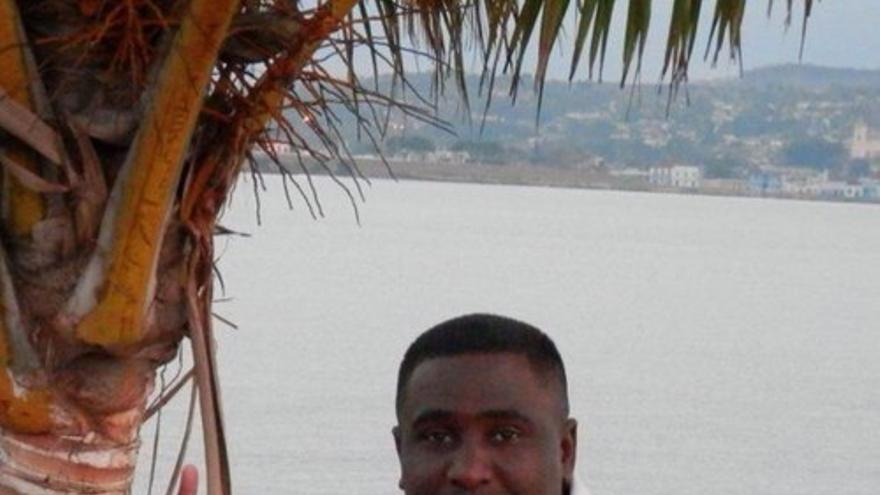
![]() 14ymedio, Havana, 3 April 2018 — During the month of March in Cuba, there were 319 arbitrary arrests against activists, a figure “slightly lower than the one recorded” in February, which was 347, according to the Cuban Commission for Human Rights and National Reconciliation (CCDHRN). The Cuban Observatory of Human Rights (OCDH), on the other hand, reported a higher figure for March, 340, with 202 women and 138 men.
14ymedio, Havana, 3 April 2018 — During the month of March in Cuba, there were 319 arbitrary arrests against activists, a figure “slightly lower than the one recorded” in February, which was 347, according to the Cuban Commission for Human Rights and National Reconciliation (CCDHRN). The Cuban Observatory of Human Rights (OCDH), on the other hand, reported a higher figure for March, 340, with 202 women and 138 men.
The CCDHRN also denounced 33 cases of harassment and “outrages” against dissidents, in addition to nine physical aggressions “executed or instigated by the powerful secret political police or their agents,” according to a report published on Monday.
The document highlights the case of the former Prisoner of the Black Spring, Ivan Hernandez Carrillo, who claimed to have been “brutally assaulted” and fined by the police when he tried to prevent the arrest of his mother, the activist and Lady in White Asunción Carrillo, on 25 March.
Throughout the month, “systematic weekly arrests continued” against the women who make up this human rights movement and the arrests were carried out “under inhumane and degrading conditions.”
The CCDHRN also reported on the “arbitrary ban on travel abroad by opponents who tried to respond to invitations from various international NGOs,” a repressive practice that has become common over the last year against members of independent civil society groups.
“The number of political prisoners remains above a hundred,” says the Commission, which will soon publish the Partial List of Prisoners for Political Reasons in Cuba, as it does every year.
“The new political prisoners, imprisoned during the month of March were: Aracelis Fernández, Martha Sánchez, Freddy Martín Fraga and Edel Peralta Rus,” reports the CCDHRN.
During 2017, the Government of Raúl Castro carried out at least 5,155 “politically motivated arrests,” according to the year-end report drafted by the organization.
That figure was the lowest since 2011, when the CCDHRN reported 4,123 arrests for political reasons, and also falls far short of the reports of 2016, a year in which 9,940 arrests were recorded.
According to the Cuban Observatory of Human Rights, the Ladies in White continue to be the center of the attacks by the Government, which every week “represses them when they try to participate in Sunday Mass and in other activities.”
The organization, based in Madrid, also denounced the travel restrictions suffered by opponents from within the island but especially highlighted the prohibitions on entry against foreigners, giving as an example what happened during the ceremony held to deliver the Oswaldo Payá Freedom and Life Award.
On that occasion, at the beginning of March, the authorities refused to allow the entry into Cuba of the former presidents of Bolivia and Colombia, Jorge Fernando Quiroga Ramírez and Andrés Pastrana Arango, and the Chilean deputy Jaime Bellolio. Miguel Calisto, a Chilean parliamentarian, was allowed to enter the island but was arrested and deported once he arrived at his hotel.
These actions show, according to the entity, “the intolerance of the Government in relation to the free exercise of universal rights.”
In addition, the Observatory foresees a similar climate in the coming days, coinciding with the transfer of power from Raúl Castro to his successor, Miguel Díaz-Canel.
____________________
The 14ymedio team is committed to serious journalism that reflects the reality of deep Cuba. Thank you for joining us on this long road. We invite you to continue supporting us, but this time by becoming a member of 14ymedio. Together we can continue to transform journalism in Cuba.
